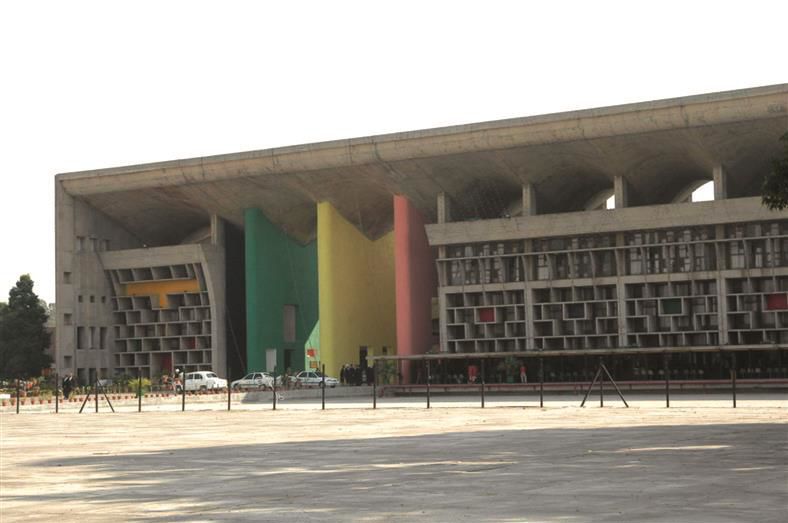Chappar Chiri family wins legal battle, gets back ancestral land after 78 years
Saurabh Malik
Chandigarh, June 24
When Bakshish Singh and his family in Chappar Chiri village of Mohali mortgaged their land in 1946, little did they know it would spark a fight for ownership that would culminate after a gruelling 78 years.
Mortgaged before partition
- Bakshish Singh and his family in Chappar Chiri village of Mohali mortgaged their land in 1946
- The state of Punjab claimed the property as “custodian land” after mortgagee Bali Mohammed’s migration to Pakistan
- The unexpected turn of events led to a nearly four-decade-long legal battle
The mortgagee, Bali Mohammed, migrated to Pakistan, leaving the land in the family’s possession. Years later, the state of Punjab claimed the property as “custodian land” due to Bali Mohammed’s migration. The unexpected turn of events led to a nearly four-decade-long legal battle.
Determined to reclaim their ancestral land, the family filed a civil suit asserting their ownership rights. Finally, in a landmark judgment on a regular second appeal filed in 1989, Justice Harkesh Manuja of the Punjab and Haryana High Court upheld their title to the property.
Counsel Avtar Singh Khinda said the third generation would benefit from the order.
Justice Manuja asserted the mutations entered in favour of state and other appellants on August 10, 1981, had no value in the eyes of law, being illegal. The court also declared the landowners the rightful owners in possession of the property.
The wait may sound atypical, but is not exceptional. The high court currently has no less than 4,35,403 cases pending, including 1,62,303 criminal matters involving life and liberty. In all, 49,030 second appeals are pending. The situation is unlikely to improve in the coming months following a shortage of 31 judges. The high court currently has 54 judges as against the sanctioned strength of 85. The dispute in the matter began on August 14, 1946, when the land was mortgaged to Bali Mohammed. The state’s stand in the matter was that the property was not redeemed even after the expiry of 30 years. As Bali Mohammad had migrated to Pakistan, it vested in the “custodian” and, therefore, belonged to them. The mutations entered in favour of the “Custodian Department” in June 1981 were, as such, valid and legal.
The trial court dismissed the property owners’ suit in December 1985, while supporting the state’s claim. It ruled that the suit property first vested with mortgagee Bali Mohammed since it was not redeemed within 30 years and then with the custodian upon his migration to Pakistan. The impugned mutations were, as such, held to be valid in law.
The trial court, at the same time, granted “permanent injunction” preventing the state from dispossessing the landowners without due legal process.
Acting on the landowners’ appeal, Ropar Additional District Judge on March 2, 1989, ruled in their favour. The judge noted that the landowners were admittedly in the property’s possession. The State and other appellants failed to file a suit for possession within 12 years from the expiry of 30-year period available to the landowners to seek redemption of the suit property. As such, the right, title or interest vested with the landowners had not extinguished.
Affirming the appellate court’s decision, Justice Manuja asserted: “There was no question of extinguishment of rights of the mortgagors regarding title of the suit property even when no redemption proceedings were initiated at their instance within 30 years of mortgage, there being no limitation for the same, especially, when the mortgage was with delivery of possession to the mortgagee.”









